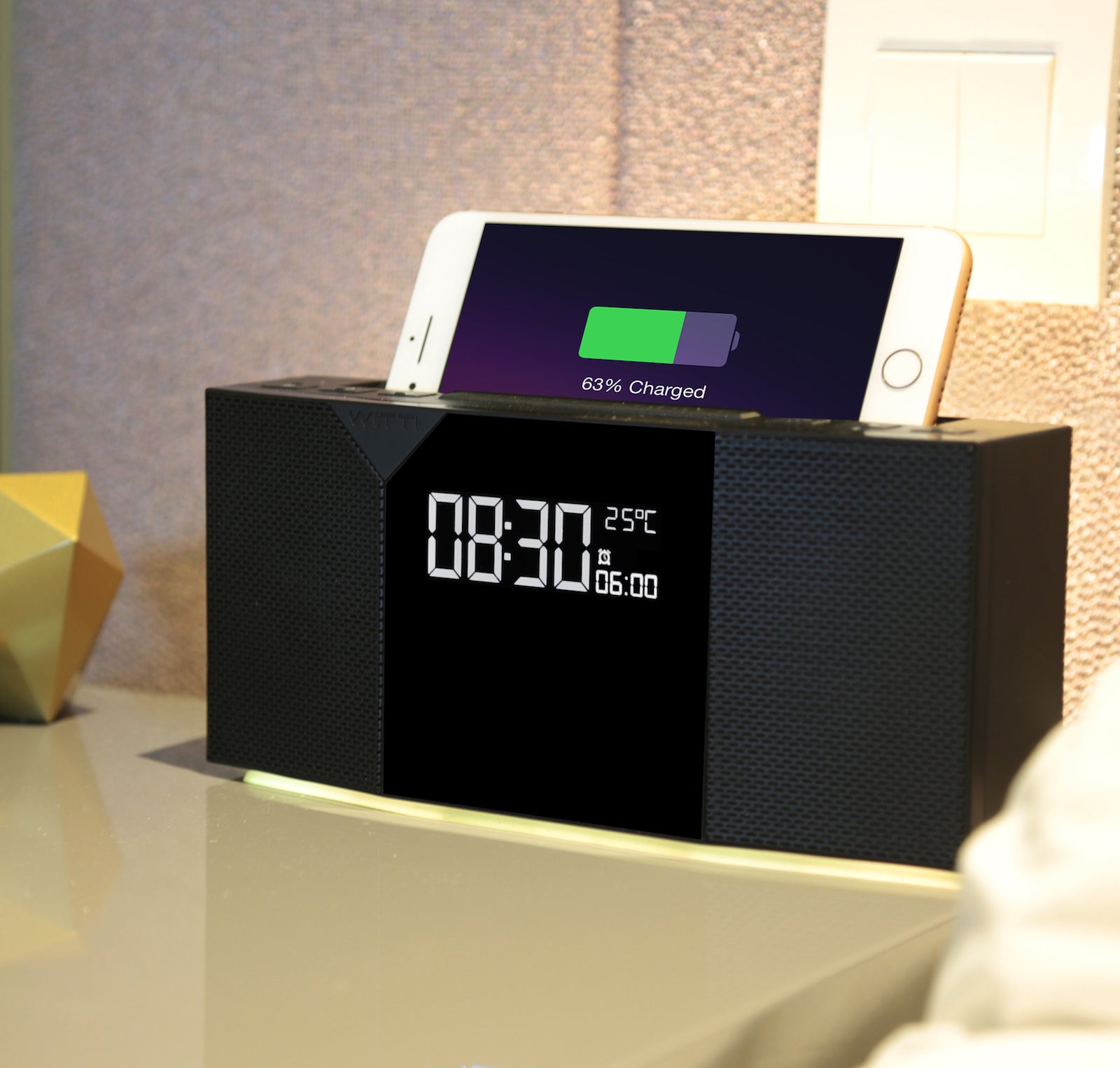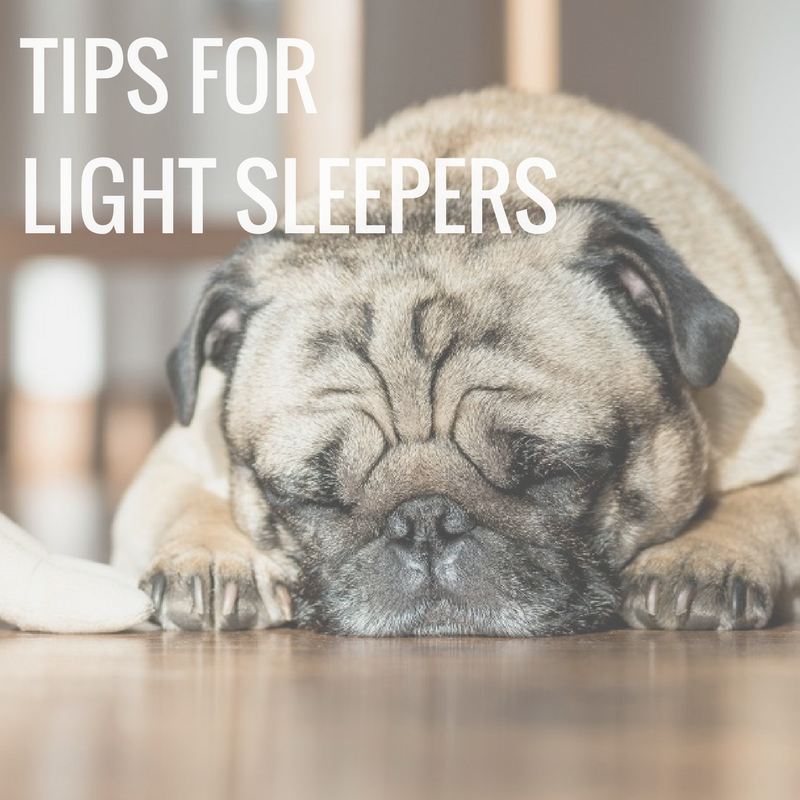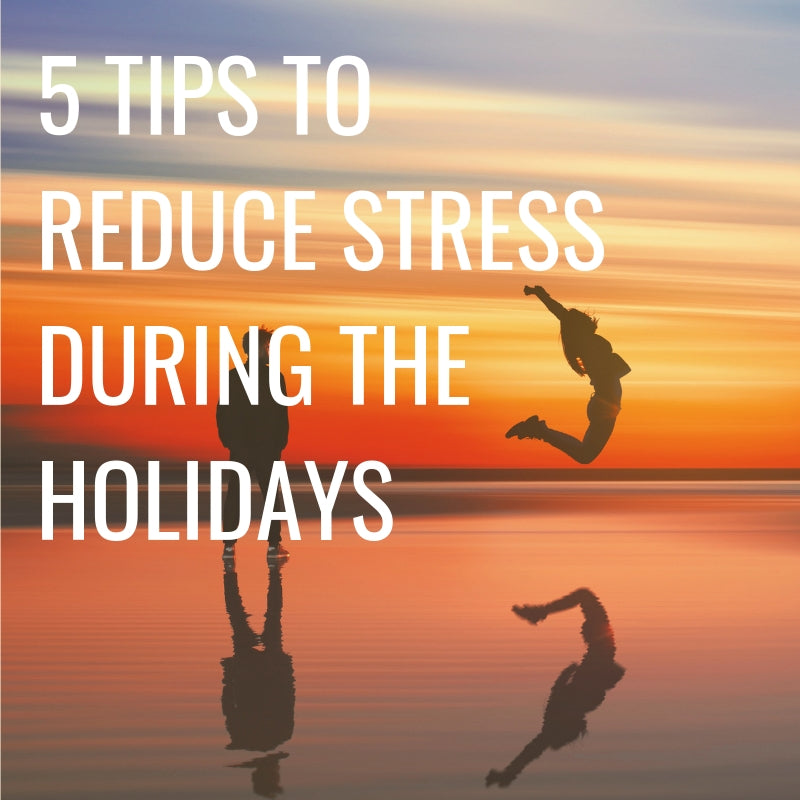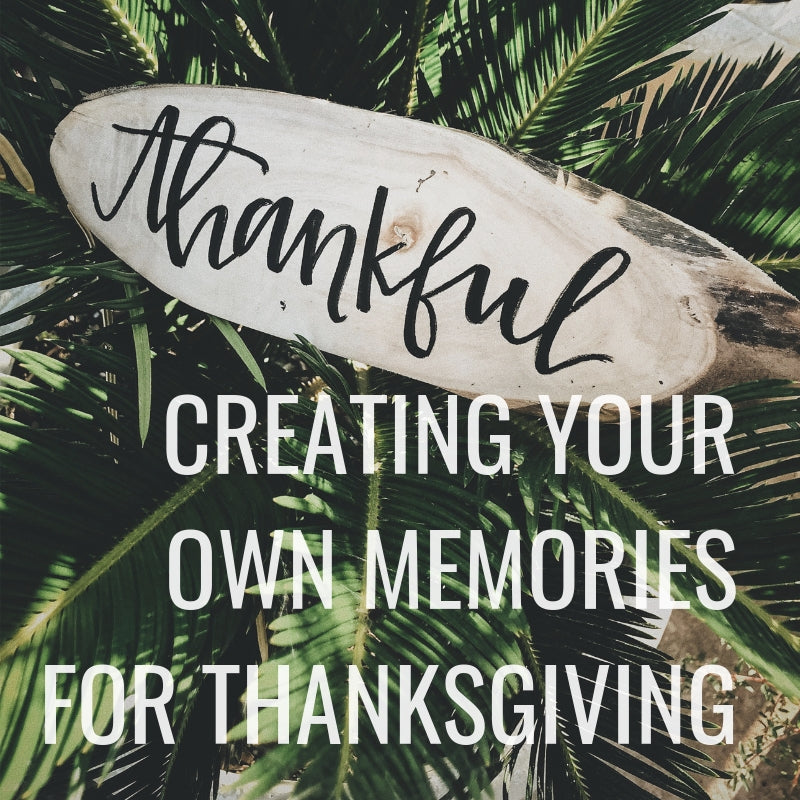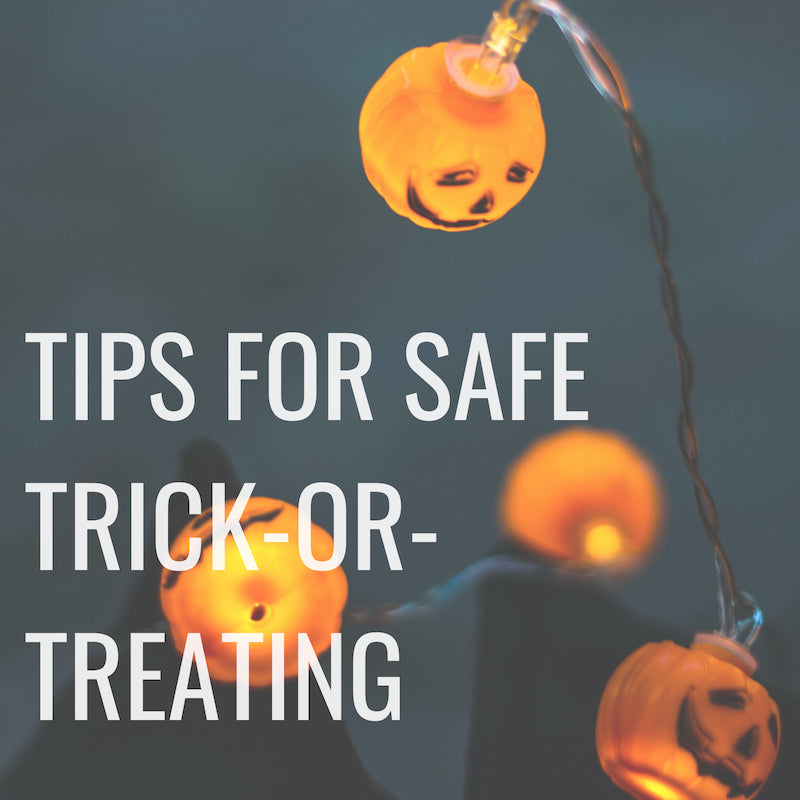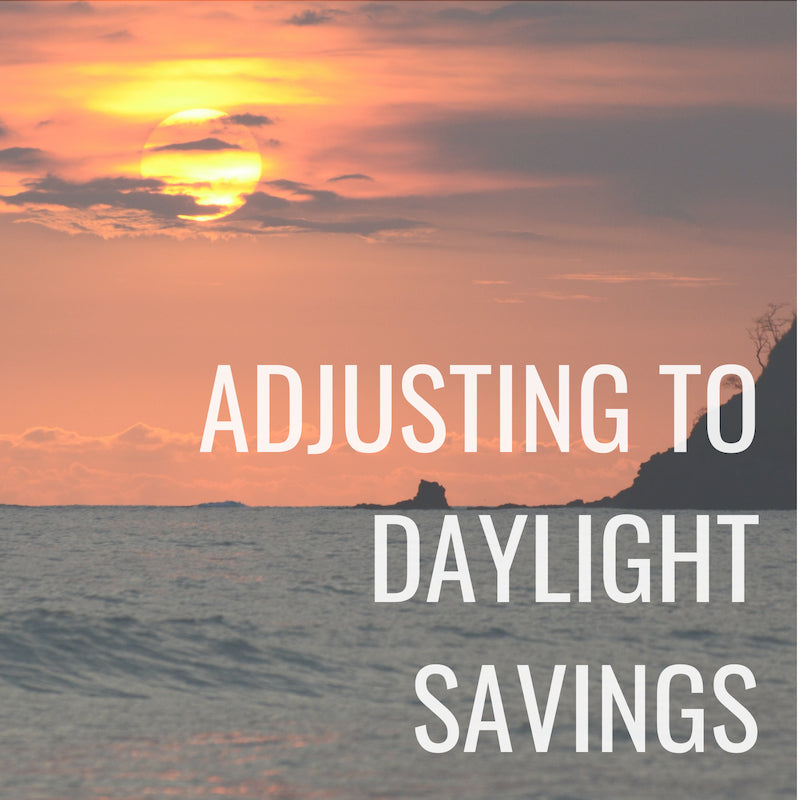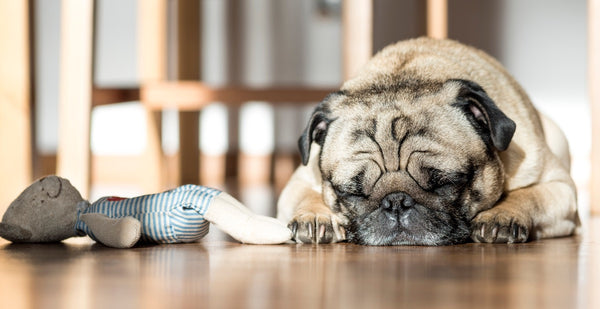
Many people around the world suffer from light sleeping. This can mean either they have trouble falling asleep, or that they can’t stay asleep. If you fit into either of these categories don’t worry, we are here to help. Check out these tried and tested tips for a better night’s sleep:
Only Use Your Bedroom for Sleep. You should eliminate activities from the bedroom that aren’t sleep related. These include eating, watching TV and working in bed. If you eliminate these activities, your subconscious will know that when you go into your bedroom, it’s time to get to sleep.
Routine. Creating a bedtime routine can drastically improve your chances of falling asleep. Your routine could look something like this: check all doors are locked, turn off all lights, brush teeth, set alarm for tomorrow. You should always do the steps in exact order, and always do every step. By doing this you are conditioning your brain to get ready to go to sleep. Going to bed at the exact same time every night can also help.
Get Rid of Distractions. Eliminating any sensory distractions from your bedroom can really help you sleep through the night. Using an eye mask is great for eliminating any distracting light from your room. Ear plugs can block out any unwanted noise, but they will also stop you from hearing your alarm clock in the morning, which creates a whole new problem! This is why so many light sleepers use a white noise machine. White noise cancels out any unwanted background noise, letting you get a good night’s sleep, but also letting you hear you alarm clock in the morning. The BEDDI alarm clock has a white noise feature built in, so there is no need to get a separate machine.
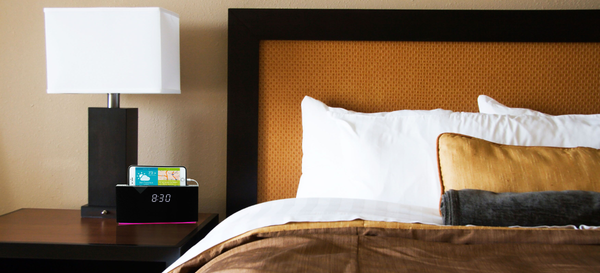
Avoid Caffeine after 5PM. Caffeine can be great for getting you going in the morning, but could also be harming your night’s sleep. Depending on your sensitivity, you should try eliminating any evening caffeine from your diet. Try and cut it out after 5PM, and if you are still finding yourself having trouble getting to sleep try rolling it back to 4PM and so on.
Avoid Eating Late. Eating late in the evening can have a terrible effect on your night’s sleep, especially if you are already a light sleeper. When you eat, your body immediately starts to digest the food to convert it into energy. You aren’t going to be burning off this energy while you are in bed, so it is going to be used by keeping you awake.
Put the Phone Away. Using your phone in bed is another way to ensure you don’t get a good night’s sleep. Research shows that your phones bright light inhibits the release of the sleep inducing hormone Melatonin. Using our phones or tablets in bed can result in a delay of falling asleep of up to one hour, and long term use can interfere with your internal body clock. Ideally, you should try not to use any electronic devices for at least 30 minutes before you are going to sleep. If you simply must have some bedtime entertainment, try reading instead.
Exercise. Studies have shown that how much exercise you do on a daily basis directly corresponds to your sleep quality. If you having trouble falling asleep, try and get out for a walk each evening to tire yourself out a little more.
Get a Sleep Test. If all else fails, you should go get a sleep test from a doctor. This could involve spending a night under observation, but it could also diagnose some underlying cause of your light sleeping.
- Tags: BEDDI, Sleep better
← Older Post Newer Post →
